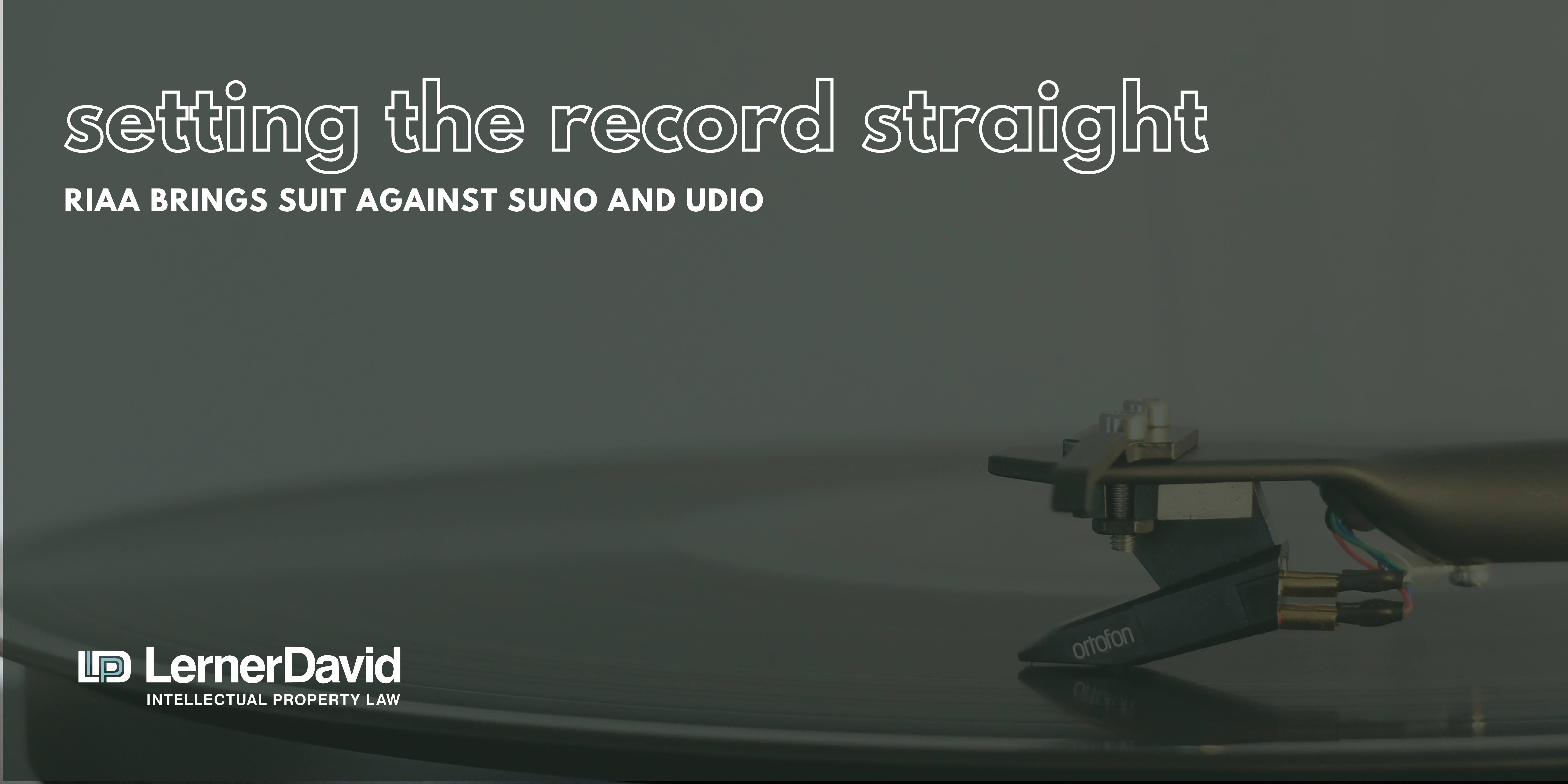
Suno and Udio are two AI startups that developed generative models to allow users to generate songs from written prompts. Users type a prompt of what music they want to create, and the model does the rest. Suno and Udio’s generative models have recently skyrocketed in popularity and use. Suno has entered a partnership with Microsoft to integrate their generative model with Microsoft’s AI assistant Copilot, and Udio has raised millions of dollars from investors since the start of 2024. Despite their immense popularity, not everyone is a fan of Suno and Udio’s models.
The Recording Industry Association of America (RIAA) is a trade organization that supports and promotes music labels in the United States. On June 24, 2024, the RIAA filed lawsuits against Suno and Udio, alleging copyright infringement stemming from the data Suno and Udio use to train their models.
In their complaint, the RIAA allege copyrighted music is included in the training datasets. As examples, the RIAA allege music can be generated replicating the melody and phrases of Green Day’s “American Idiot” and Michael Bublé’s “Sway”, among other fan favorite hits. Mitch Glazier, RIAA’s chairman and CEO, claims they are already embracing AI and partnering with responsible developers but “unlicensed services like Suno and Udio that claim it’s ‘fair’ to copy an artist’s life’s work and exploit it for their own profit without consent or pay set back the promise of genuinely innovative AI for us all.” David Ding, Udio’s CEO, says their model trains from a “mix of proprietary and public data”, but neither Udio nor Suno have made their training datasets public.
The RIAA is seeking an injunction preventing Suno andUdio from using their copyrighted material in the future and damages of up to $150,000 per work infringed. This certainly will be an important case to keep an eye on as an intersection between technology and the rights of artists. With many debates as to what rights artists have for protecting their work from being replicated by generative AI, this may be the opportunity to set the record straight.
Written by Colleen McGuiness